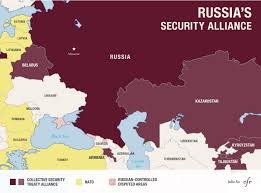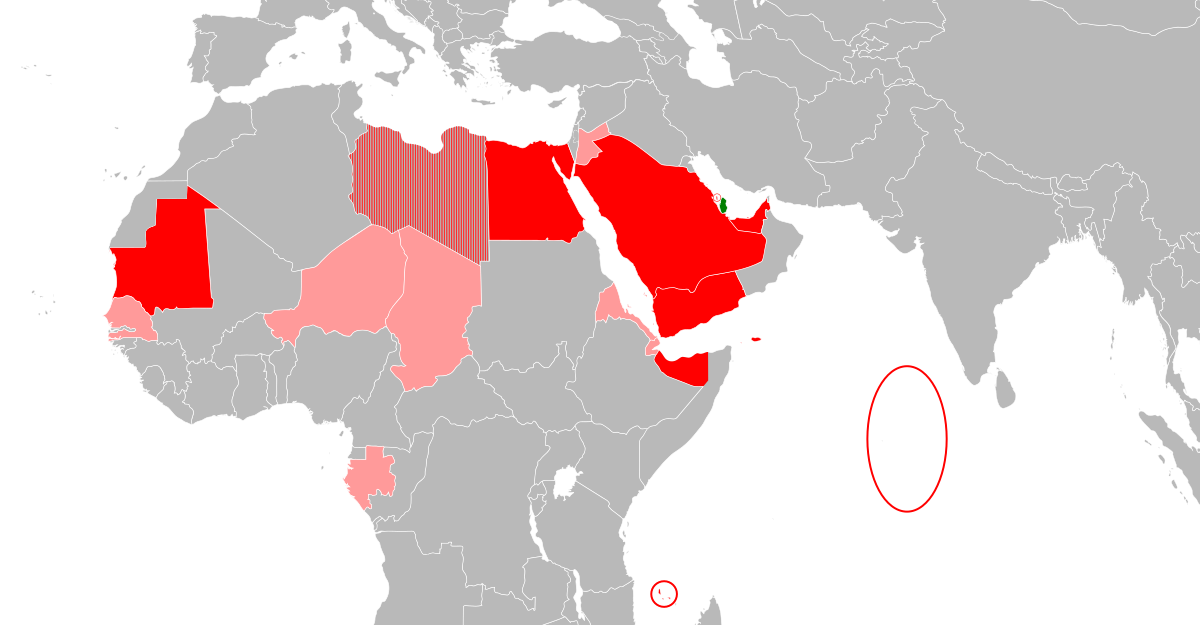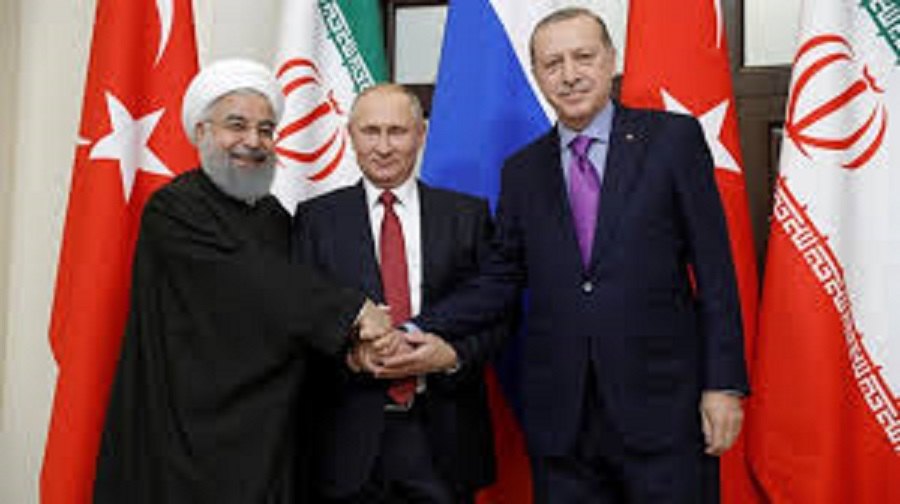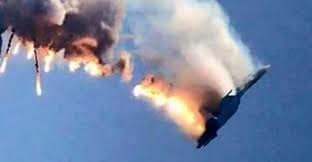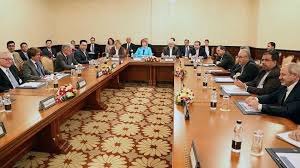Military Events and the Regional Strategic Developments
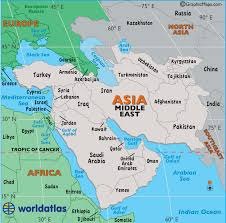
Dr. Mohsen Moradian
Last month, a lot of military events took place in the Iranian peripheral environment which, beside other phenomena could affect the country’s national security in the long term.
Arming the Iraqi Sunni tribes is a sign of their important position – viz-a-viz the ISIS influence- in the Pentagon’s strategy in Iraq. The US had deployed a number of its military advisors in Al Anbar and is hopeful that these tribes would shape a part of the Iraq national army in future, so while fighting against ISIS, they will enjoy the chance to have a share in the army.
Choosing to establish the bases in Sunni parts of Iraq, while the Shiite government tries to establish the “national guard” in a 10 – ۱۲ month period, shows the US intention to set up a Sunni force as a middle actor.
It seems that a reason for quick conclusion of the military contract between France and Lebanon and Saudi to support the Lebanese army is the Arab countries, specially Saudi Arabia, and the Western fear of broad interaction and increase in the influence of Iran in Lebanon, its army and security structures.
Creating the UK military base in Bahrain has strategic aspects, one of which is division of labor between the US and the UK armies especially because the US, aiming to cope with the increasing influence of China, would like to move the center of its military presence to the East of Asia.
The Al Khalifah regime’s aim of establishing these military bases are as follows: to strengthen the Western influence against Iran in the region, and to have the needed international support to survive while suppressing the domestic opposition.
The traditional balance of power in the Iranian peripheral environment is changing. It seems that appearance of a new security system, to a great extent, depends on the US success in containing ISIS in Iraq and the country’s future.
The US military role in Afghanistan is declining and this could lead to an increase in Taliban’s power and influence as well as pushing the central government of Afghanistan much closer to Iran to curb Taliban, an issue that perhaps the US will not oppose.
Iran’s role in the Afghanistan future is increasing and the security of the Iranian peripheral environment is unintentionally linked to the country’s domestic security. Therefore, Iran’s approach to its peripheral environment has a great impact on the regional crisis management and this would contribute to an increase in Iran’s bargaining capability.
The US military presence is increasing in Iraq and in spite of unintentional short term match of its interests with Iran’s, in curbing ISIS in Iraq, and it can lead to new challenges between the two countries in future. Yet, with a possible comprehensive agreement, some grounds of mutual cooperation will emerge.

